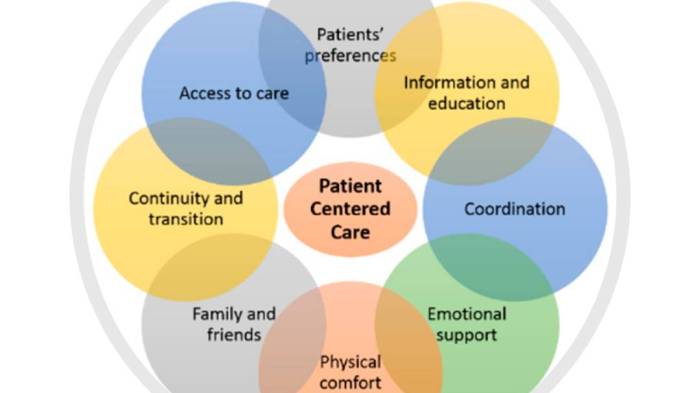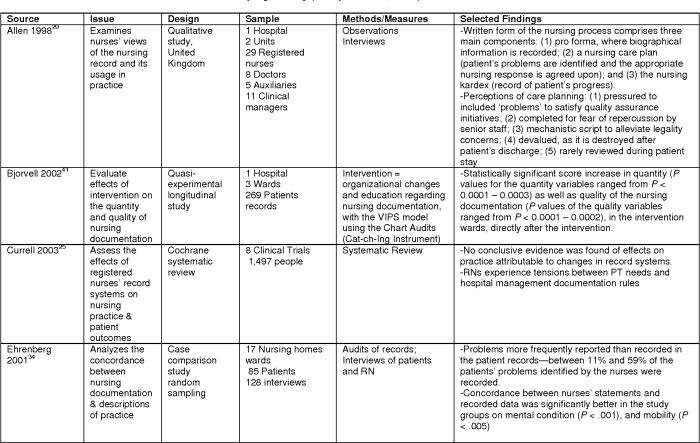A nurse is planning care for a group of clients, embarking on a journey of comprehensive assessment, meticulous planning, and collaborative implementation. This narrative delves into the intricacies of providing individualized care while addressing the multifaceted needs of multiple clients.
Through a systematic approach, nurses gather essential client information, prioritize goals, and develop evidence-based care plans. They navigate ethical dilemmas with sensitivity and uphold client autonomy. Effective communication and interdisciplinary collaboration foster strong relationships and ensure seamless care delivery.
Client Assessment: A Nurse Is Planning Care For A Group Of Clients
Comprehensive client assessments are crucial for tailoring care plans to individual needs. These assessments provide a holistic understanding of clients’ physical, psychological, social, and spiritual well-being.
Assessment tools include:
- Health history
- Physical examination
- Mental status examination
- Functional assessment
- Social history
Interdisciplinary Collaboration
Collaboration among healthcare professionals is essential for gathering comprehensive client information. Nurses play a key role in coordinating assessments and sharing findings with other disciplines, ensuring a cohesive and well-rounded understanding of clients’ needs.
Care Planning

Care planning is a systematic process that involves developing, implementing, and evaluating a plan of care that meets the unique needs of each client. The steps include:
- Assessment
- Diagnosis
- Planning
- Implementation
- Evaluation
Prioritizing Client Needs and Goals
Prioritizing client needs and goals is essential to ensure that the most critical concerns are addressed first. This involves considering the client’s immediate and long-term needs, as well as their preferences and values.
Evidence-Based Practices, A nurse is planning care for a group of clients
Care plans should be based on evidence-based practices, which are interventions that have been shown to be effective through research. This ensures that clients receive the most appropriate and effective care.
Implementation of Care

Effective implementation of care plans involves carrying out interventions in a safe and timely manner. Strategies include:
- Delegation
- Supervision
- Monitoring
- Evaluation
Role of Delegation and Supervision
Delegation is the assignment of tasks to other qualified healthcare professionals. Supervision involves overseeing and guiding the work of others to ensure client safety and quality of care.
Ongoing Monitoring and Evaluation
Ongoing monitoring and evaluation are essential to ensure that care plans are meeting client needs and achieving desired outcomes. This involves regularly assessing client progress and making adjustments to the plan as necessary.
Communication and Collaboration

Effective communication is crucial for building strong relationships with clients and their families, as well as for coordinating care with other healthcare professionals. Strategies include:
- Active listening
- Clear and concise communication
- Empathy
- Respect for client autonomy
Interdisciplinary Collaboration
Interdisciplinary collaboration is essential for providing comprehensive care that meets the complex needs of clients. Nurses play a key role in facilitating communication and coordinating care among different disciplines.
Ethical Considerations

Ethical principles guide nursing practice and ensure that clients’ rights and well-being are protected. These principles include:
- Autonomy
- Beneficence
- Non-maleficence
- Justice
Ethical Challenges
Nurses may face ethical challenges when planning care for a group of clients, such as:
- Conflicting client values
- Resource allocation
- End-of-life decisions
Resolving Ethical Dilemmas
Resolving ethical dilemmas involves carefully considering the ethical principles involved, the client’s values and preferences, and the potential consequences of different actions. Nurses should seek guidance from ethical guidelines and consult with colleagues and ethics committees when necessary.
Q&A
What are the key steps in developing a comprehensive care plan for a group of clients?
1. Conduct thorough client assessments to gather essential information. 2. Prioritize client needs and goals. 3. Develop evidence-based interventions tailored to each client. 4. Implement the care plan effectively and efficiently. 5. Monitor and evaluate outcomes to ensure ongoing effectiveness.
How does interdisciplinary collaboration contribute to effective group care planning?
Interdisciplinary collaboration fosters a comprehensive understanding of client needs. Healthcare professionals from various disciplines share expertise, perspectives, and resources to develop and implement individualized care plans that address physical, psychological, social, and spiritual aspects.
What ethical considerations guide nurses in group care planning?
Nurses adhere to ethical principles such as autonomy, beneficence, non-maleficence, and justice. They respect client choices, promote their well-being, minimize harm, and ensure equitable access to care. Ethical dilemmas are resolved through thoughtful deliberation and consultation with clients, families, and colleagues.